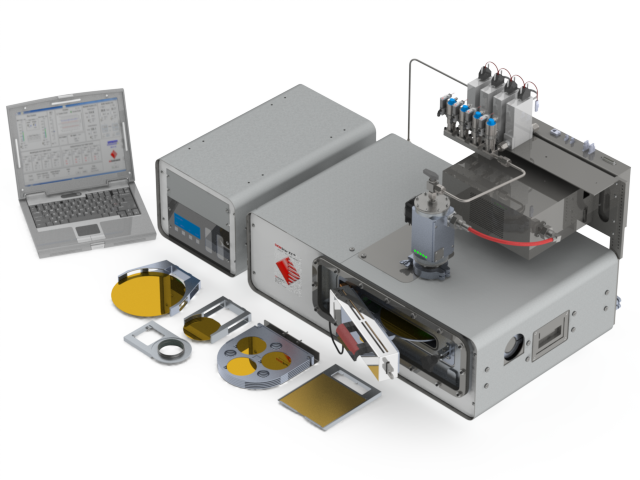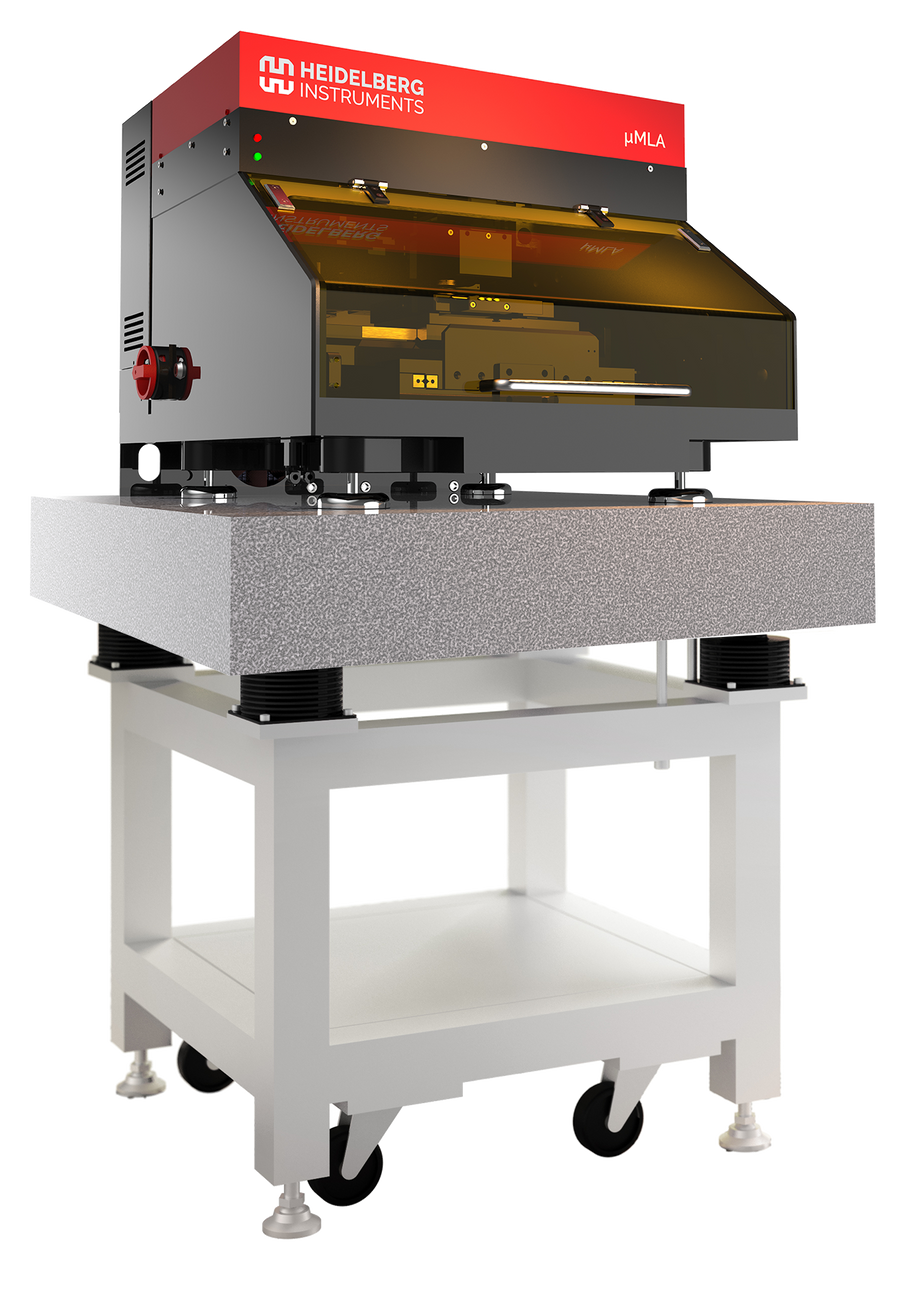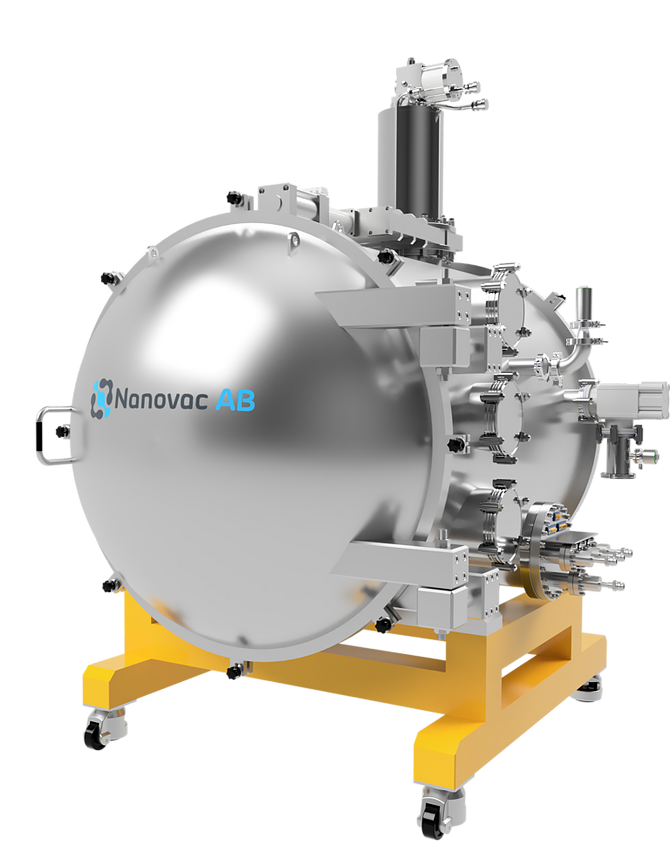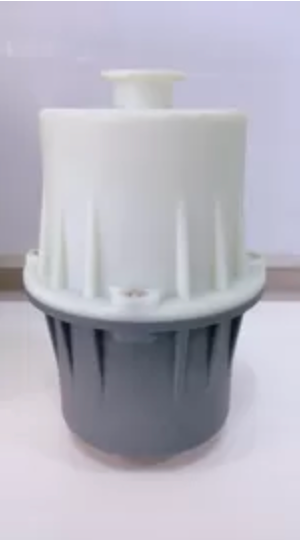Laser-driven electron accelerator on a chip by Dr. Yousefi, Friedrich-Alexander University of Erlangen-Nuremberg, Germany
Photonics-based laser accelerators are enticing candidates for future particle accelerators. They could reduce the size of current large radio-frequency accelerators by one to two orders of magnitude. This could essentially lead to compact high-energy electron sources for a variety of applications in medicine and high-energy physics. Dr. Yousefi and his team at Friedrich-Alexander University of Erlangen-Nuremberg, Germany have demonstrated new techniques towards this new laser-powered accelerator. To establish the concept, they use silicon as the substrate material with a top-down approach to fabricate the desired structures. The fabrication process consists of two major steps:
- Electron Beam Lithography as a high-resolution patterning technique
- Inductively Coupled Plasma Reactive Ion Etching (ICP-RIE) as an anisotropic etching technique to transfer the written patterns into the substrate.
To etch the silicon substrates, a PlasmaPro 100 RIE Oxford Instruments etcher with SF6 and O2 as the etching components was used. The ratio of the two gases Plays significant role in achieving perfect anisotropic etching with a high selectivity.
Once a stable plasma is formed, the radicals start to accelerate towards the substrate. Fluorine and oxygen radicals interact chemically with the silicon substrate forming a passive layer of SiOxFy. This prevents lateral etching throughout the process. However an optimized ratio of SF6 and O2 is essential to keep the passivation rate and the etching rate in balance.
Dr. Yousefi: “We have developed an etching process with an etch rate of 32 nm/s for a perfect anisotropic etching and smooth sidewalls. Our silicon structures are 3 µm tall with an aspect ratio of 20, making them ideal to perform our experiments around photonics-based particle acceleration.”
Find more information read Laser-driven electron accelerator on a chip - Oxford Instruments (oxinst.com) by: Peyman Yousefi, Chair for Laserphysics, Friedrich-Alexander University of Erlangen-Nuremberg, Germany





